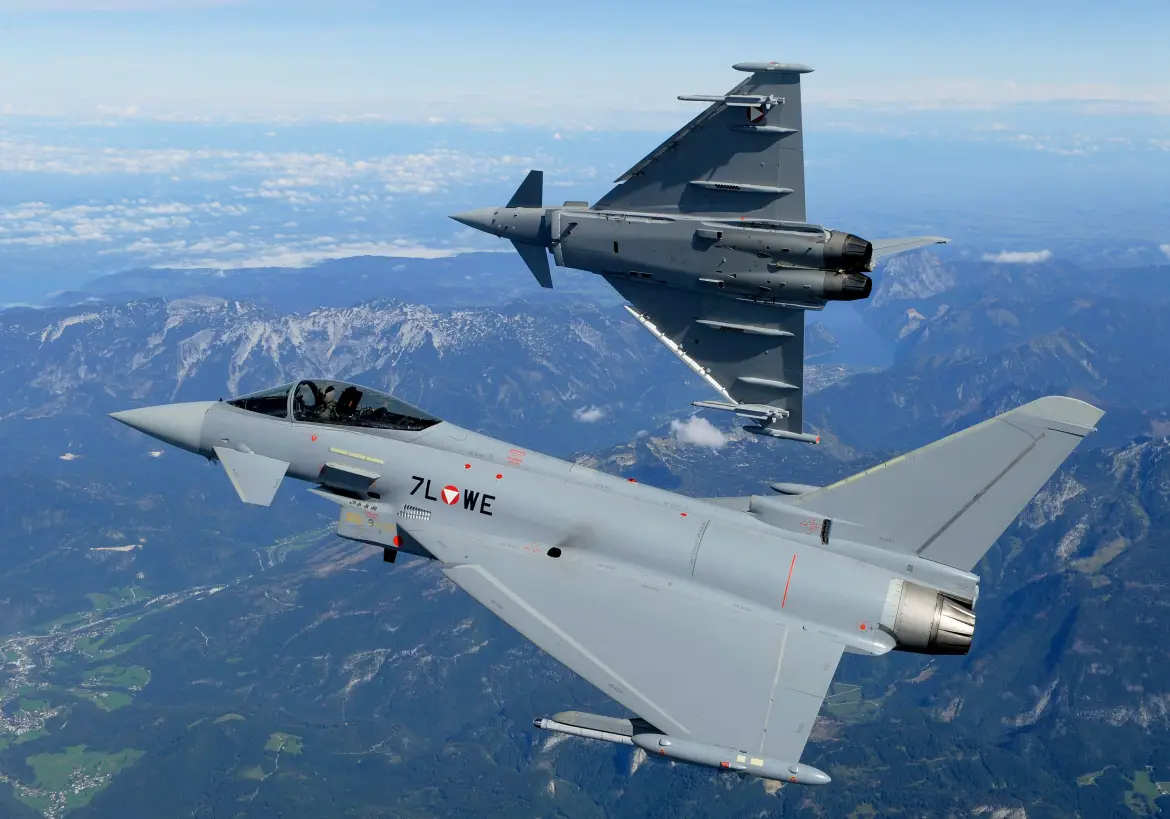China claims much of the South China Sea, but there are overlapping claims by Brunei, Malaysia, the Philippines, Taiwan, and Vietnam. Amid recent activities in the South China Sea, the Indonesian government has reiterated its position on the rule of international law through diplomatic notes addressed to the United Nations, while declining China’s offer to hold bilateral talks on overlapping claims. This comes as its military has deployed warships and aircraft around the Natuna Islands in the South China Sea, where Chinese coast guard vessels have been operating in Indonesia’s exclusive economic zone.
China’s increasingly assertive actions in the South China Sea, which are worrying Southeast Asian countries, are fuelling an increase in security spending in the region. Southeast Asian nations have cut their defense budgets to fund efforts to fight the coronavirus pandemic, leaving them with fewer resources to respond to China’s increasingly aggressive territorial claims in the region. China, on the other hand, is planning massive military drills in the South China Sea as early as this summer, leveraging hefty military spending that is slated to go up this year despite the first revenue decline in 44 years.
Indonesian lawmakers approved higher defense spending this year to fund, among other things, major upgrades to military facilities in the Natuna Islands, whose nearby waters Beijing says are subject to “over-lapping claims”. Surprises in Indonesian defense procurement seem like a constant feature now. After initial clearance from the United States State Department to buy an MV-22 Osprey tilt-rotor aircraft, news broke that Defense Minister Prabowo Subianto intended to buy 15 Eurofighter Typhoon jet fighters from Austria. Indonesian newspaper the Jakarta Post reported reported on Sunday that Prabowo had sent a letter to his Austrian counterpart Klaudia Tanner offering to buy jet fighters from Austria.
Austria bought the 15 Typhoons in 2002 in a contract worth 2 billion euro (US$2.28 billion). Airbus is leading the Eurofighter Jagdflugzeug GmbH consortium in manufacturing Typhoons in cooperation with other European defense firms, British BAE System and Italian Leonardo. However, as the consortium did come to Indonesia for a roadshow in April 2015 offering the Eurofighter Typhoon. the consortium brought a full-scale replica to state-owned aircraft maker PT Dirgantara Indonesia’s plant in Bandung, West Java, the consortium offered to move an assembly line from Spain to Bandung should Indonesia decide to procure the Typhoons.
Austria’s Typhoons are from Tranche 1, a marker for basic operational capabilities, which focuses more on air-defense missions, while the consortium has offered upgrades to Tranches 2 and 3, which greatly improves the fighters’ ground attack capabilities. In July 2017, the Austrian Defense Ministry announced that it would replace all their Eurofighter Typhoons by 2020, they stated continued use of its Typhoons over their 30 year life span would cost about 5 billion Euros with the bulk being spent on maintenance. Austria plans to explore a government-to-government sale or lease agreement, where they could avoid a lengthy and costly tender process with a manufacturer.
The Eurofighter Typhoon is a twin-engine, canard–delta wing, multirole fighter. The Typhoon was designed originally as an air superiority fighter and is manufactured by a consortium of Airbus, BAE Systems and Leonardo that conducts the majority of the project through a joint holding company, Eurofighter Jagdflugzeug GmbH. NATO Eurofighter and Tornado Management Agency manages the project and is the prime customer.The Eurofighter Typhoon is a highly agile aircraft, designed to be a supremely effective dogfighter in combat. Later production aircraft have been increasingly better equipped to undertake air-to-surface strike missions and to be compatible with an increasing number of different armaments and equipment.
















